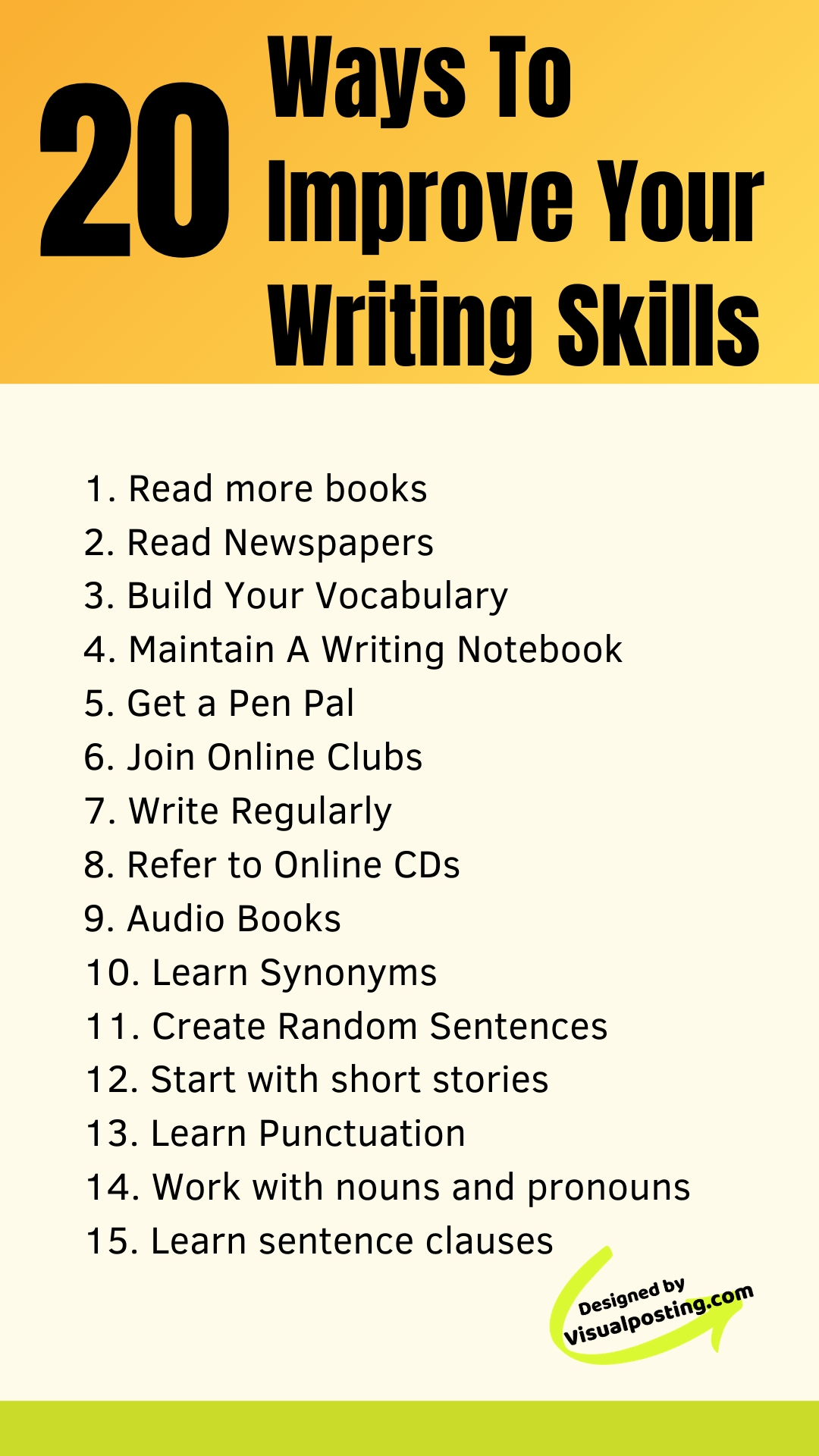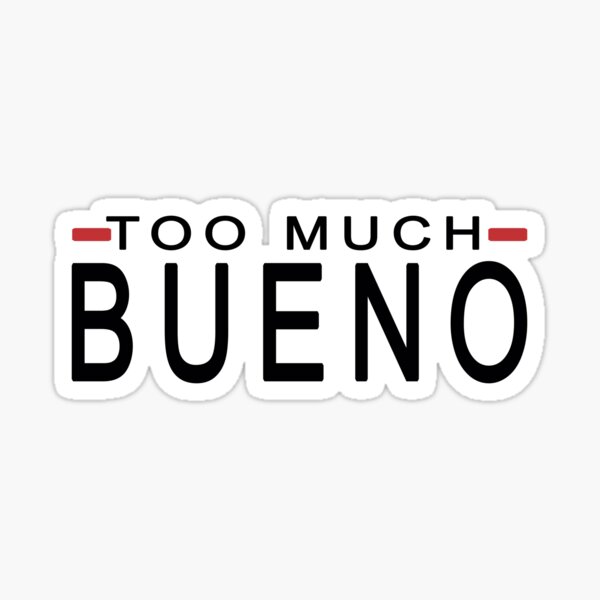How to Improve Writing Skills in Middle School
How to Improve Writing Skills in Middle School is a crucial question for parents, educators, and students alike. A solid foundation in writing is paramount to success in school and beyond, influencing everything from comprehension to critical thinking. Middle school is a pivotal time for language development, and bolstering writing abilities during these formative years can set a student up for future academic and professional success. Students often grapple with various challenges such as writer’s block, difficulty organizing thoughts, or uncertainty about different writing styles. This article explores practical, effective strategies to help middle school students hone their writing skills, addressing common hurdles and providing a clear roadmap for improvement. We’ll cover diverse writing styles, brainstorming techniques, feedback strategies, and the crucial role of practice in developing exceptional writing abilities. This article is structured to provide actionable steps and a comprehensive understanding of how to foster and improve writing skills in middle school students.
Understanding the Importance of Writing Skills in Middle School
Laying the Foundation for Future Success
Middle school is a crucial period for academic growth and personal development, where students are exposed to a wider range of subjects and more complex ideas. Strong writing skills are fundamental across all subjects; it isn’t just a skill confined to English class. From summarizing historical events to constructing scientific arguments, or crafting persuasive speeches about current events, the ability to articulate ideas clearly and effectively is paramount. A robust foundation in writing not only enhances their academic success but also paves the way for future success in their personal and professional lives. Statistics show a strong correlation between improved writing and enhanced critical thinking and problem-solving capabilities. Writing helps students articulate their thoughts more clearly, encouraging analytical and reasoning skills. This is especially significant during middle school as students begin navigating increasingly complex academic material.
Cultivating a Positive Writing Mindset
Overcoming Writer’s Block and Building Confidence
One of the most prevalent challenges students face is writer’s block. Fear of failure and self-doubt can paralyze their writing process. To overcome this, cultivating a supportive and positive writing mindset is crucial. Create a welcoming environment for exploration and experimentation—and create more comfort with the process. Teachers should encourage brainstorming techniques, like freewriting or mind mapping, to help students generate ideas and overcome initial hesitation. Encourage students to focus on the process rather than the product. Celebrate small victories and emphasize the continuous improvement aspect of writing. Encourage students to keep a journal or blog to practice expressing their thoughts and experiences freely. Positive reinforcement and encouragement can help students build confidence and overcome self-doubt, fostering a love of writing that transcends any temporary blocks. Studies show that fostering a positive mindset leads to improved performance in all academic areas.
Mastering Different Writing Styles
From Narrative to Expository
Middle school students should familiarize themselves with various writing styles beyond the basic essay. Learning to write creatively using narrative writing and descriptive language allows students to express their unique perspectives and emotions effectively. Exploring creative writing through poetry, short stories, and plays can encourage imagination and self-expression. Expository writing, on the other hand, demands clear explanation and argumentation. Through exploring examples from various genres, students can gain a deeper understanding of their strengths and weaknesses within specific styles. Encourage students to experiment with different styles and identify their preferences, building confidence in their ability to adapt to varying writing tasks.
Utilizing Effective Brainstorming Techniques
Generating Ideas and Structuring Arguments
Effective brainstorming is essential for any writing task. Techniques like mind mapping and freewriting can facilitate the generation of diverse ideas. Mind mapping visually connects ideas, allowing students to explore various avenues of thought. Freewriting, on the other hand, encourages uninterrupted writing to generate a wide range of ideas without concern for structure or grammar, letting creativity flow freely. Students can use these techniques to prepare for various writing assignments, from persuasive essays to descriptive paragraphs. Examples of these techniques in practice will help students develop their own unique and effective methods to tackle any writing task efficiently.
Incorporating Feedback and Revision
Refining Writing Through Constructive Criticism
Feedback is crucial to refining writing skills. Students should be encouraged to receive and provide constructive criticism. This includes using peer feedback sessions, allowing students to identify strengths and areas for improvement in each other’s work. Feedback from teachers should be constructive and focused on specific aspects of the writing, like clarity, organization, or word choice. Students should embrace the opportunity to revise and edit their work based on the feedback received, continually refining their skills. Consistent practice in incorporating feedback and rewriting leads to a significant improvement in quality, as students learn to apply the constructive criticism to their own writing.
What are some effective writing activities for middle school students?
Engaging Activities for Skill Development
Engage middle school students in writing activities that are both engaging and challenging. One effective activity is a creative writing challenge where students can develop unique characters, setting and narratives. Another activity involves having them write persuasive speeches on specific topics. Encourage them to debate viewpoints to strengthen their persuasive skills. Role-playing exercises that demand clear, concise expressions of character traits and motivations are great tools for strengthening understanding of narrative elements. These activities allow them to apply different writing styles, build their confidence, and develop a sense of accomplishment.
What are some resources for helping middle school students improve writing?
Valuable Resources and Tools for Learning
Various online resources and tools can support middle school students’ writing development. Websites dedicated to grammar and writing instruction can offer valuable exercises and explanations. Online writing communities and forums can provide a platform for peer feedback. Consider providing resources on different types of writing styles and exploring diverse genres. Also, leverage the availability of writing software, such as grammar checkers, style guides and citation generators, which can aid students in structuring and refining their work. These resources can be complemented by classroom access to writing and grammar books. These resources can significantly improve both their understanding and performance.
How can teachers support students’ writing improvement?
Effective Teaching Strategies
Teachers can create a positive learning environment that fosters a love for writing. Teachers can design writing assignments that encourage diverse approaches to different genres. Provide models of high-quality writing that encourage emulation. Encourage students to write across different genres to build their familiarity. Regular feedback sessions, including peer-to-peer feedback, provide invaluable support. Implement writing activities that are relevant to various subjects to provide opportunities for students to apply their writing skills.
The Impact of Reading on Writing Skills
Cultivating a Love of Language
Reading extensively is a significant factor in enhancing writing skills. Exposure to various writing styles and vocabulary through extensive reading equips students with crucial tools for their own writing. Reading helps expand vocabulary, allowing students to express themselves more richly and precisely. It exposes them to different writing techniques used by authors and how writers use persuasive techniques, and thus helps students become better writers. Incorporating reading into the writing curriculum is an important way to encourage a love of language and literacy, providing an example of strong language use. The more students read, the better writers they will become.
In conclusion, enhancing writing skills in middle school is crucial for academic success and future communication. By implementing the strategies discussed, teachers and students can bolster these abilities, fostering a love for learning and effective communication. Encourage students to consistently practice writing across different genres, from creative storytelling to informative essays. Seek feedback from peers and teachers to refine writing skills, and maintain a positive attitude towards the process. Ultimately, strong writing skills will serve them well throughout their academic journey and beyond.
Share this content:




Post Comment